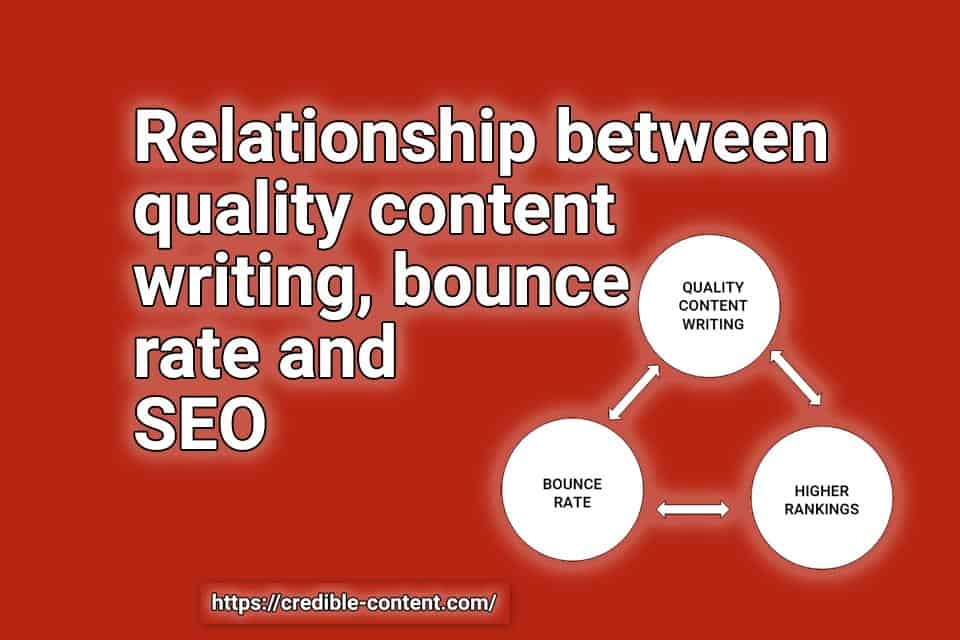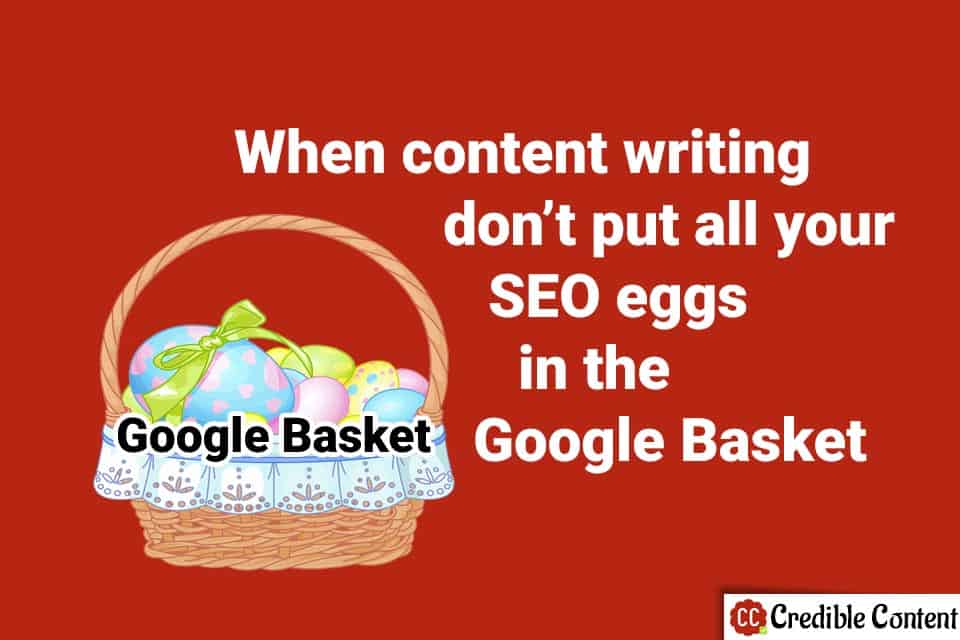While writing web pages and blog posts I have multiple times explained this concept – the relationship between quality content writing, bounce rate and SEO.
All these are so tightly intertwined when you want to improve your search engine rankings, that any topic on one of them automatically invokes the importance of the others.
Hence, I have created a small video to explain the concept in an animated form.
Let me first quickly explain the three concepts.
Quality content writing
When you are publishing content on your website or blog, don’t publish it just for the heck of it – just to improve your search engine rankings.
I won’t pretend.
Everyone wants to improve his or her search engine rankings because unless you get targeted traffic, nothing much is happening.
After all, there is a reason why the SEO market is worth more than $ 80 billion.
Even when I’m publishing content on my blog or updating my website, my aim is to improve my SEO.
So, yes, when you are writing content and publishing it, you’re mostly doing it for your search engine rankings.
But if your sole purposes to somehow show up on the SERPs, you will get yourself trapped in a self-defeating loop.
Just as you cannot be famous just for the sake of being famous (unless you are Paris Hilton or Kim Kardashian) and you can’t make money just for the sake of making money, you cannot have good search engine rankings for the sake of search engine rankings.
You need to offer something valuable.
Your rankings are the currency and the recognition that you get for providing value, for providing something people are looking for.
This is where quality content writing helps you.
Money is a byproduct of the value or the service you deliver.
Your search engine rankings are the byproduct of the value you deliver through your content.
Search engines like Google want to make sure that the users can find the best possible content for the searches they are carrying on.
Hence, if someone searches for “what is the relationship between quality content writing, bounce rate and SEO”, she finds my link only when Google can make out that I’m actually describing the relationship and not simply stuffing the keywords.
Initially, Google simply crawls, indexes and then uses its own AI and logic to rank my content.
After that, it begins to use human intelligence – it observes how people react to your content once they find it on Google.
Hence, the following topic…
Bounce rate
Bounce rate has different meanings in different contexts, but in terms of SEO, it means how much time a user spends on your particular piece of content after arriving from Google.
For example, if you come to this blog post from Google and leave within a few seconds and go back to Google, this blog post has a higher bounce rate.
It doesn’t offer you what you’re looking for.
Google assumes that this link doesn’t contain valuable information for the search term for which it is showing up on the SERPs.
For every such bounce, Google reduces my rankings for this link.
The converse is also true.
When you come to this blog post from Google and read a big portion of the blog post and even check out other parts of my website, Google assumes that this blog post in particular and my website in general, contain valuable, useful information.
Consequently, Google improves my SEO for this link for the search term that was used.
Hence, to reduce my bounce rate, it is very important that I provide quality content writing for this blog post.
This brings us to…
SEO
Search engine optimization.
It is the dream of every person who has a business on the web to get his or her website featured on the first page of Google, preferably among the top three search results.
People are literally ready to sell their souls for this coveted position.
This is what different SEO experts say you need to improve your search engine rankings organically, naturally and legitimately:
- High-quality content containing your keywords.
- Efficient use of meta tags.
- The number of quality back links (people linking to your website or particular URLs).
- The quality of interaction people have with your link once they find it through your existing search engine rankings.
- Social sharing your link enjoys.
- The age of your domain (the older, the better).
- The frequency with which you publish fresh content on your website.
Now, except for the age of your domain name, every other aspect that Google uses to improve your SEO is attached or related to quality content writing.
The Google guidelines say that you should regularly publish high-quality content.
Your content must take care of your keywords while it delivers value and engages the readers.
Unless there is something worth linking to, why would people link to your website for individual blog posts and web pages?
Unless there is worth sharing, why would people share your content on their social media timelines?
Hence, Google has connected everything with quality content.
I have explained this whole concept in the above video.





